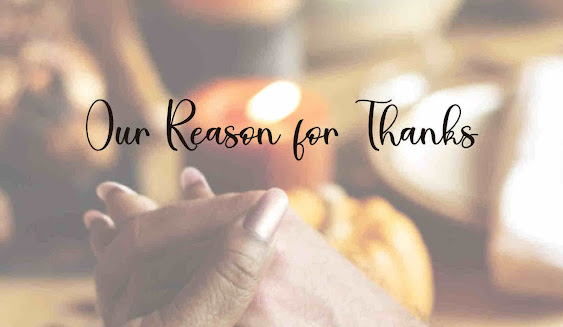All our lectionary texts this week revolve, to varying degrees, around the idea of God’s work in the world — that God intends to put right what has gone wrong. The metaphor from Luke 3, with John the Baptist promising the leveling of the valleys and straightening of the roads, may be most familiar to your faithful churchgoers. But the metaphor the prophet Malachi employs – of a messenger who comes like a holy housecleaner to polish the silver and scrub the laundry – may have more personal resonance. I have a few childhood memories of helping my mom polish the family silver, of lying everything out on towels and rubbing with silver polish until the tarnish was gone and they shone again. I remember thinking it was very nearly magical that something could go from so repulsive (no one wants to put tarnished silver in their mouths) to something so beautiful. I loved the transformation of what looked like a bunch of old junk to a table full of treasure. It wasn’t the easiest task – it takes a bit of patience and elbow grease to really make silver shine – but it always felt worth it. I couldn’t help but think of those polishing afternoons when I read Malachi’s prophecy to the people of Israel in chapter 3. Of course, he doesn’t just leave it at polishing; he also talks about refining silver and gold with fire, burning away the impurities. Still, the process is the same: purifying what has been made ugly so that it is beautiful and useful again. Malachi spoke to a people who were losing faith. Perhaps that’s too generous. They were throwing away their faith. They thought that once they returned to their beloved Jerusalem from exile and rebuilt their magnificent temple everything would be solved, bright and shiny again. But it didn’t turn out that way, and so they grew lax with their faith, giving God their leftovers and rolling their eyes at words like peace and justice and covenant. Their respect for God, and God’s ways, was growing tarnished from disuse. The opening line of the Book of Malachi is heartbreaking: “I have loved you,” says the Lord. “But you ask, ‘How have you loved us?’” (Malachi 1:2) The people don’t see God’s love for them. They only see that the world is not as it should be, not as they want it to be, and so they give up. They give up on God. They give into what they can control — money, power, people beneath them on life’s ladder. The verses after our lection spell out some of their specific sins: disloyalty to God and to each other, lying, exploiting day laborers, oppressing widows and orphans, and brushing off immigrants. Still, God reminds them that God does not change and they have not perished. Therefore, there is still hope. ...
Read the rest of the commentary on the website.
Thanks to this week's writer Carol Holbrook Prickett. | 
























